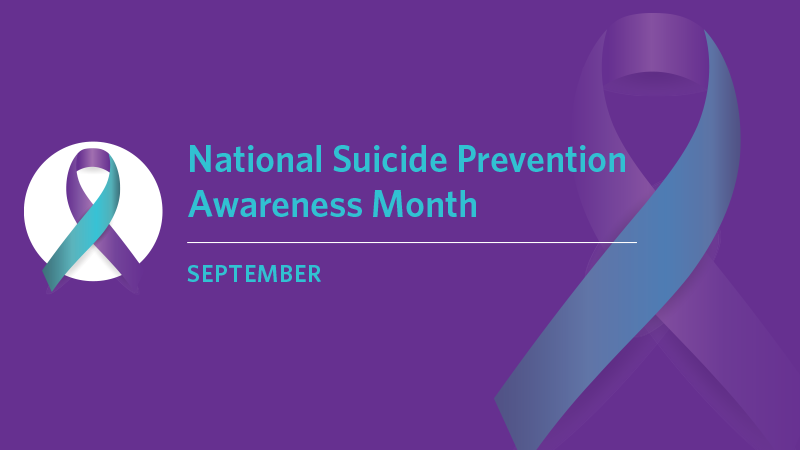As Suicide Prevention Awareness Month comes to end later this week, it is vital that healthcare leaders understand that creating a culture requires understanding the structural barriers that impact and can prevent physicians from seeking the mental health care services they may need. By examining and addressing these barriers, the health system can shift the paradigm from a system where physicians think that burnout, depression, or suicidal thoughts are something they must overcome by themselves to one that supports them.
State Medical Licensure and Renewal Applications
State medical license applications often ask broad questions about mental health history or its hypothetical effect on competency, influencing physicians’ decisions not to seek help. In 2018, the Federation of Medical State Boards developed 10 recommendations regarding mental health licensure questions that balance medical boards’ mission to protect patients from impaired physicians, while allowing physicians to seek care without fear of losing their license practice rights.
Hospital and Health System Privileging and Credentialing Applications
Hospital and health system privileging and credentialing applications ask intrusive mental health questions that influence physicians’ decisions not to seek help. In May 2020, the Joint Commission strongly encouraged organizations not to ask about the history of mental health conditions or treatment.
Legal Discovery Process During Lawsuits
Physicians are often deterred from seeking mental health care out of fear that their own mental health records might be shared in the discovery process in malpractice lawsuits in which they are defendants. States should adopt the “SafeHaven” model Virginia uses, which ensures physicians can “seek support for burnout, career fatigue, and mental health without the fear of undue repercussions.”
Commercial Insurance Credentialing
Commercial insurance credentialing, like hospital and health system credentialing, are often very invasive. A HIPAA waiver, granting an institution access to a physician’s health records, has become a standard part of credentialing packages. Such required disclosures can prompt a demand to appear before a state medical board, a petition for medical records or even a psychiatric evaluation.
Malpractice Insurance Applications
All physicians are required to maintain malpractice insurance. Yet many insurance applications ask similar intrusive questions about the history of mental health conditions or treatment. This discourages physicians from seeking the mental health care they need because it creates the fear of losing their right to practice.
Mental Health Insurance Requiring Treatment Where the Physician Works
Currently, physicians seeking mental health care are required to seek treatment in the same health or hospital system where they work. This exact requirement can create stress and shame when being treated by colleagues and peers along with being in one’s own workplace environment. The article, “The Doctors are not all right,” highlights this barrier in the series, The Aftermath, a series about the collateral health effects of the COVID-19 pandemic in communities around the US.
The ALL IN: WellBeing First for Healthcare Solutions Library provides curated resources, tool kits, webinars, articles, and highlights best practices for health leaders, executives, and healthcare professionals to create a culture of well-being.








